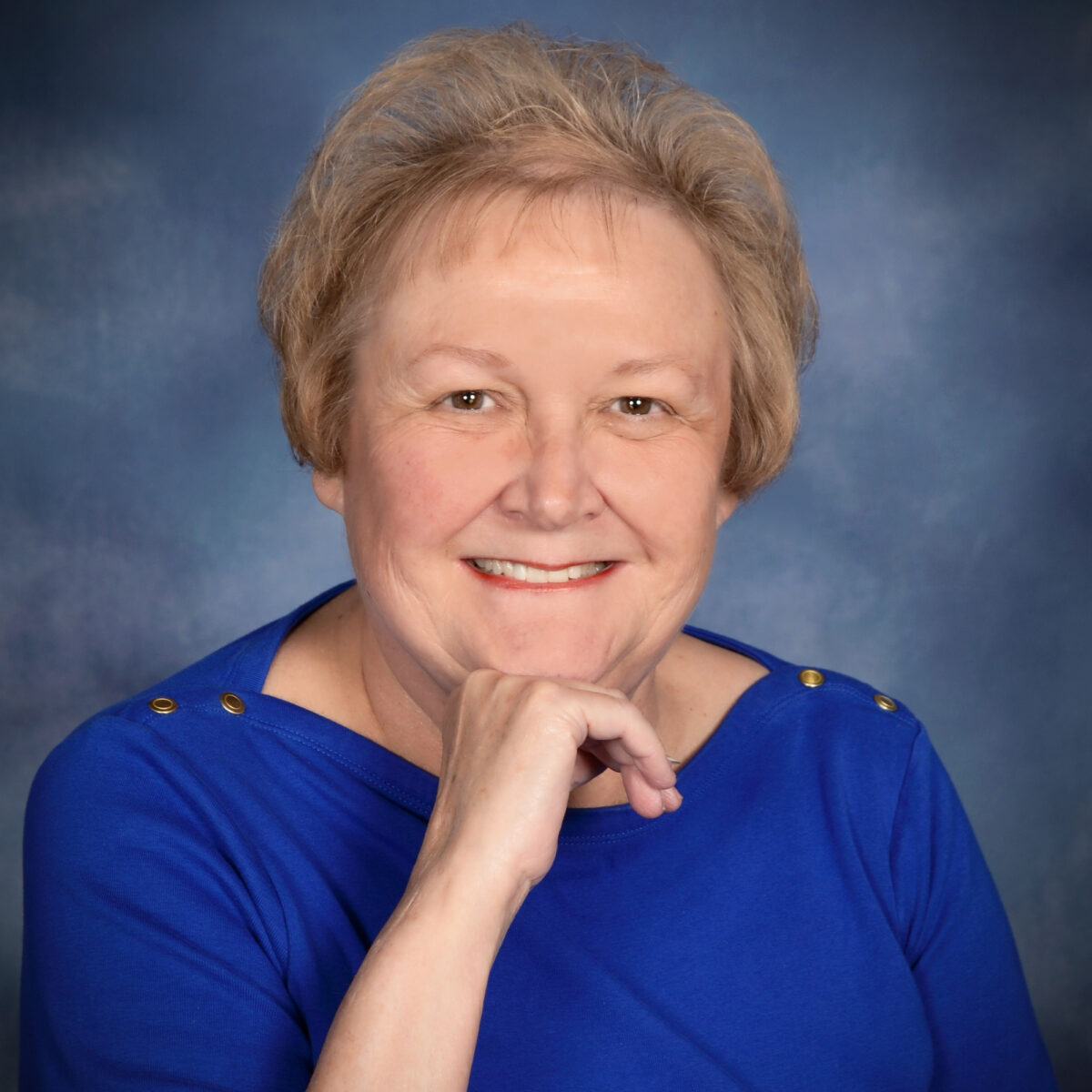The COVID-19 pandemic upended our lives in many ways. On a professional level, it forced parliamentarians to learn how to conduct effective electronic meetings. Since the emergency was declared over, we’ve all had to re-learn what used to be normal. Just as that’s true of our schools, our businesses, and our churches, it’s also true of parliamentary practice.
How would you feel if your organization’s contracted parliamentarian for its online annual meeting only had experience with in-person meetings? Or what about the reverse: you are having an in-person meeting, and the parliamentarian only has experience with online meetings? Would you be confident that the parliamentarian will be able to assist competently and confidently?
I suggest that you would not. Parliamentarians should be able to assist confidently with a variety of meeting configurations.
At the North Coast Unit1, “Meetings of the Membership may be conducted by videoconference when the President determines that sufficient reason exists to forgo an in-person meeting or when so directed by a majority of the Executive Board.” Bylaws, XI:2:A. As president, I determined that such reason exists for the January, February, and March meetings of 2023 and 2024, and we held those meetings electronically.
For the other business meetings of 2023 (May, June, September, and October), I did not make that determination, and we met in person. However, we offered an electronic participation option in what has been called a “hybrid” format. (“Hybrid meeting” is not a parliamentary term, but it has been a shorthand way to describe a meeting format which attempts to provide equal access to both in-person and electronic attendees.)
RONR (12th ed.) 9:31 requires that “alternative” meetings must “provide, at a minimum, conditions of opportunity for simultaneous aural communication among all participating members equivalent to those of meetings held in one room or area.” It is this requirement of “equivalency of opportunity” that presents the challenge. I think we’ve been able to do that, but the technological requirements materially change the nature of the meeting so that it is neither electronic nor in-person.2
Therefore, in order to provide experience with the in-person configuration–which, until just a few tears ago, was the only configuration–we will meet in-person at 6:00 on May 20 and June 17 at the Cuyahoga County Public Library’s Maple Heights Branch.
Although these are defined as in-person meetings, for teaching purposes we will make them available electronically with what I am calling a “passive” Zoom link: those using the link will be able to see and hear the live meeting but will not be seen or heard by those within the room. Basically, it’s “streaming video” using Zoom.
- Since our business meeting (planned for 6:00-6:30) is intended to model good parliamentary procedure, we have invited our members unable to attend in person to follow us on Zoom link starting at 6:00. They will be able to stay on for the education session.
- We are inviting guests unable to join us in person to follow us on Zoom starting at 6:35 to observe the education session.
- The videorecordings of the meeting and the workshop will be available to members after the meeting.
The link is here–or use meeting ID 841 4679 1448 and passcode HMRobert.
Notes:
- The North Coast Unit is a parliamentary education group affiliated with the National Association of Parliamentarians. Email northcoastparlipro@gmail.com for information. ↩
- For the sake of brevity I won’t enumerate those effects here. They have probably been more evident to those attending in person. Basically, we have used two microphones, two cameras, and two computers to provide the remote audience and the in-person audience with sound and video of each other. ↩

